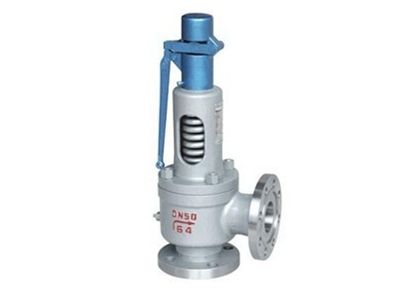What is a safety relief valve?

A safety valve or pressure relief valve (PRV) is a safety valve used to control or limit system pressure; otherwise, excessive pressure could build up and cause process upsets, instrument or equipment failure, explosions, or fires.
Types:
- Conventional safety relief valve
- Balanced safety relief valve
- Pilot operated safety relief valve
Applications:
1. Conventional safety relief valve:
- In general gas, volatile gas, water vapor, air or liquid refining equipment;
- In corrosive refining equipment;
- When valve discharge must be piped to a remote location
2. Balanced safety relief valve
- Used for general gas, volatile gas, water vapor, air or liquid media in refineries;
- In refining equipment with corrosive media;
- When emissions must be discharged to remote locations through drain pipes.
3. Pilot operated safety relief valve
- Where there is significant pressure relief in high-pressure installations, as many pilot valves can be set at the highest pressure at the inlet flange;
- Where the difference between the working pressure of the container and the opening pressure of the valve is very small;
- On large low pressure storage tanks;
- Places that require short-term venting;
- Positions where back pressure is high and a balanced design is required, since a pilot valve with a pilot element open to the atmosphere can be fully balanced;
- Economical to use and general process equipment;
- Process conditions require pressure sensing at one location and liquid discharge at another location
